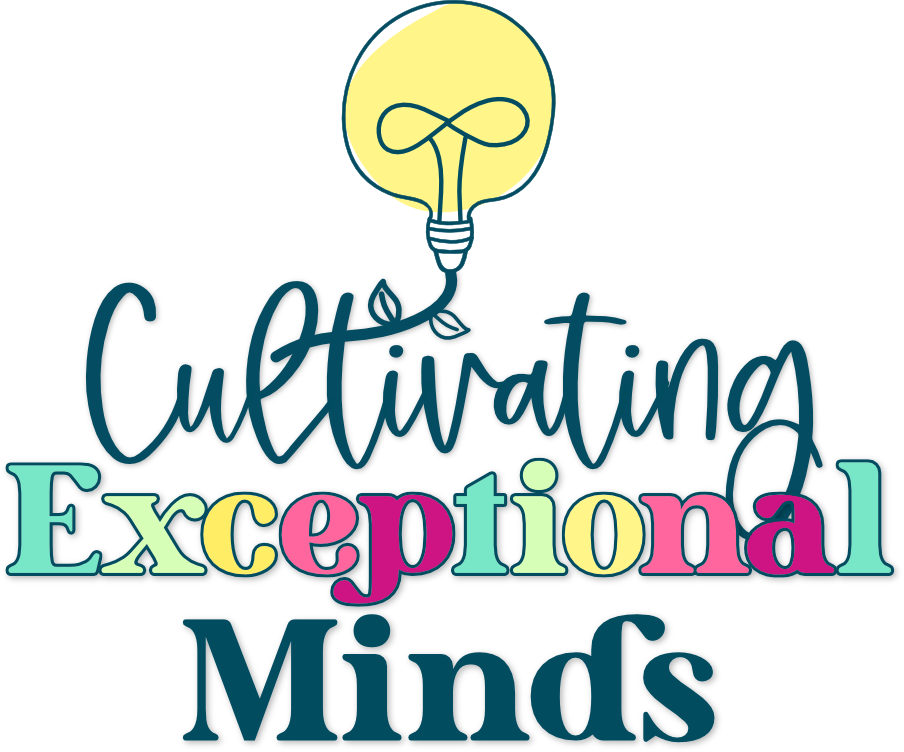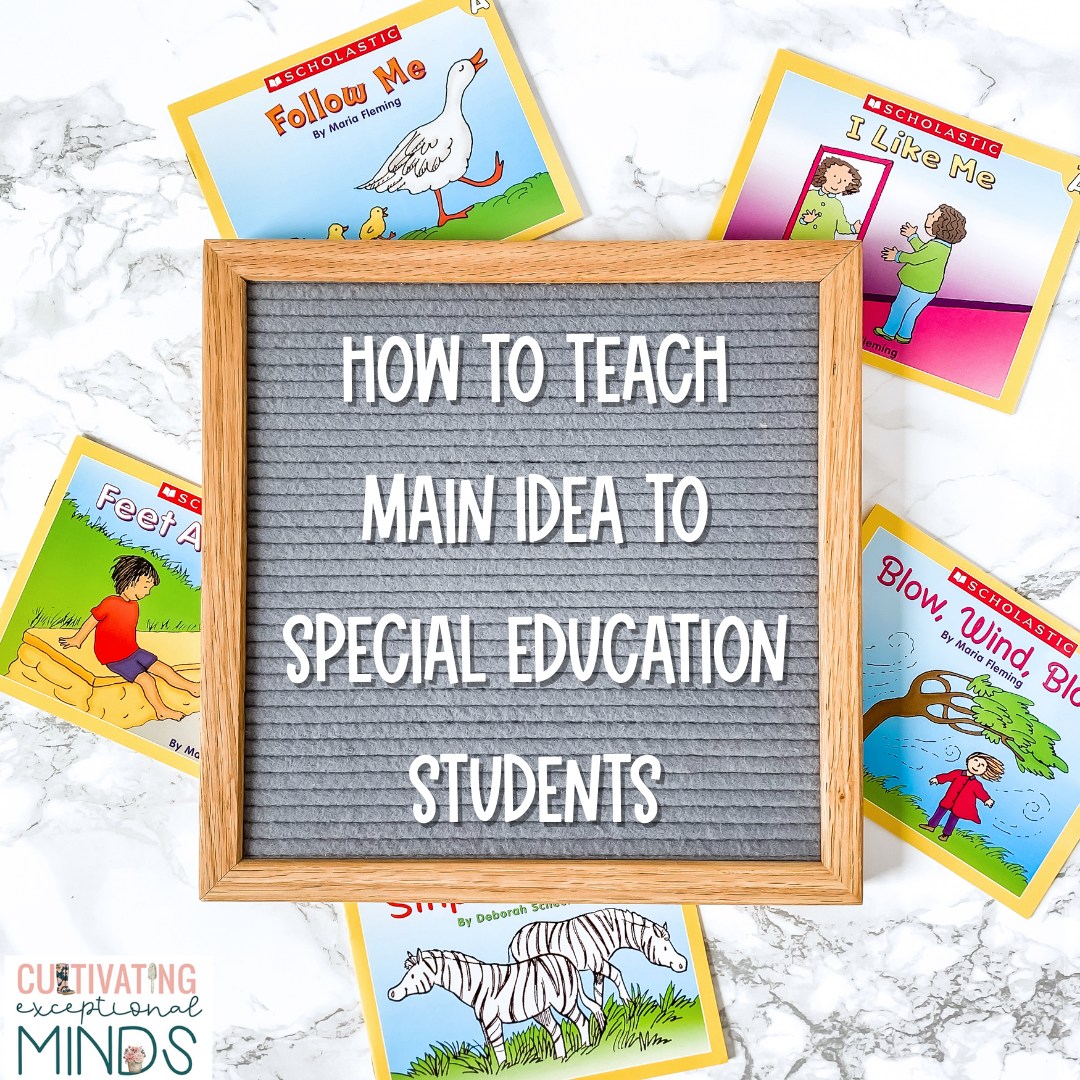
As educators, we recognize the importance of meeting the diverse needs of our students and creating curriculum tips for special education teachers in an inclusive learning environment. Today, we’ll explore practical strategies and empowering insights to help you differentiate your curriculum effectively. Let’s dive in!
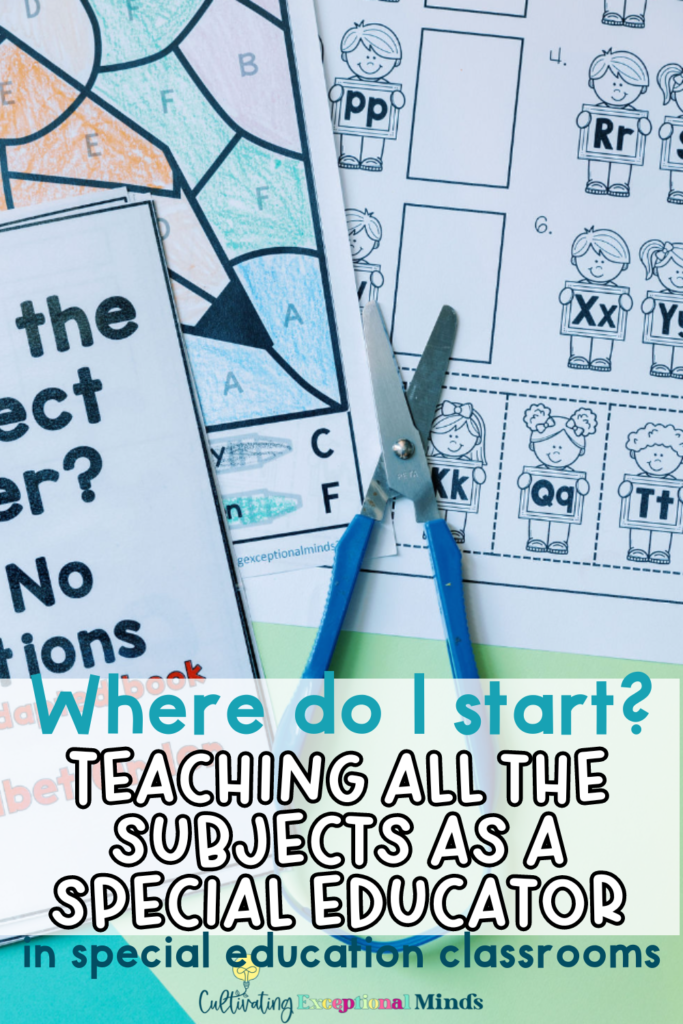
Plan Engaging Math Lessons
Teaching multiple subjects in a special education setting can be challenging, especially when it comes to creating engaging math lessons. Utilize hands-on activities and manipulatives to make math concepts more accessible and enjoyable for your students.
Listen to our podcast episode on planning math lessons kids love: How to Plan Math Lessons Kids Love.
Integrate Hands-On Science Activities
Science lessons can be incredibly engaging when you incorporate hands-on activities. Use the changing seasons and special events like Earth Day to bring science concepts to life. These activities not only make learning fun but also help students develop a deeper understanding of the material.
Explore our podcast episode on teaching science in special education: Ways to Teach Science in Special Education.
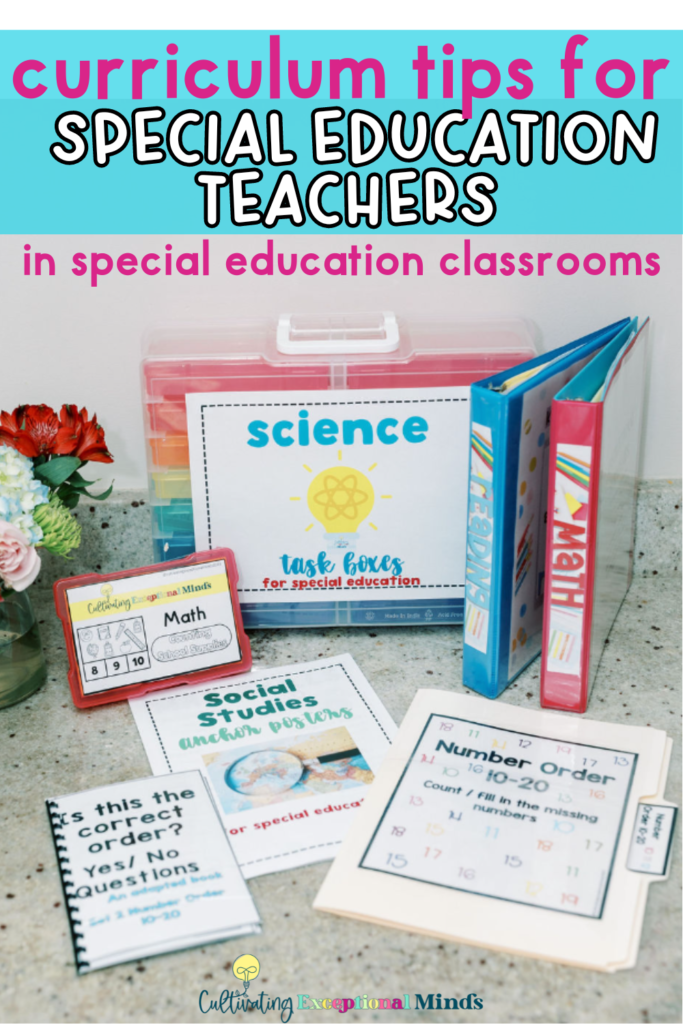
Focus on Reading Skills
Reading is a foundational skill that impacts all other areas of learning. For students with learning disabilities, teaching reading can be particularly challenging. Break down the process into manageable steps and use a variety of strategies to support your students’ reading development.
Check out our podcast episode on helping students love to read: 15 Action Steps for Helping Your Students Love to Read.
Differentiate Instruction
Differentiated instruction is essential in a special education classroom. Adjust your teaching methods and materials to meet the unique needs of each student. This approach ensures that all students can access the curriculum and succeed.
Learn more about differentiated instruction in our podcast episode: Key Strategies for Providing Instruction That Meets Your Students’ Needs.
Utilize Visual Supports for Social Studies
Teaching social studies can be challenging, especially when students are working on communication and social-emotional skills. Use visual supports and focus on concepts like “then and now” to make social studies more accessible and engaging.
Read our blog post on teaching social studies for special education: Social Studies for Special Education: Teaching Then and Now.
Address Science Standards with Adapted Materials
Many districts lack a dedicated science curriculum for special education, but you can still meet science standards with adapted materials. Use task cards, adapted books, and digital activities to teach complex concepts like states of matter.
Discover useful activities for teaching the states of matter in our blog post: Science Curriculum for Special Education: Teaching the States of Matter.
Ready to enhance your curriculum? Explore our comprehensive resources and connect with our community for more tips and support. Follow me on social media for more insights and exclusive freebies!
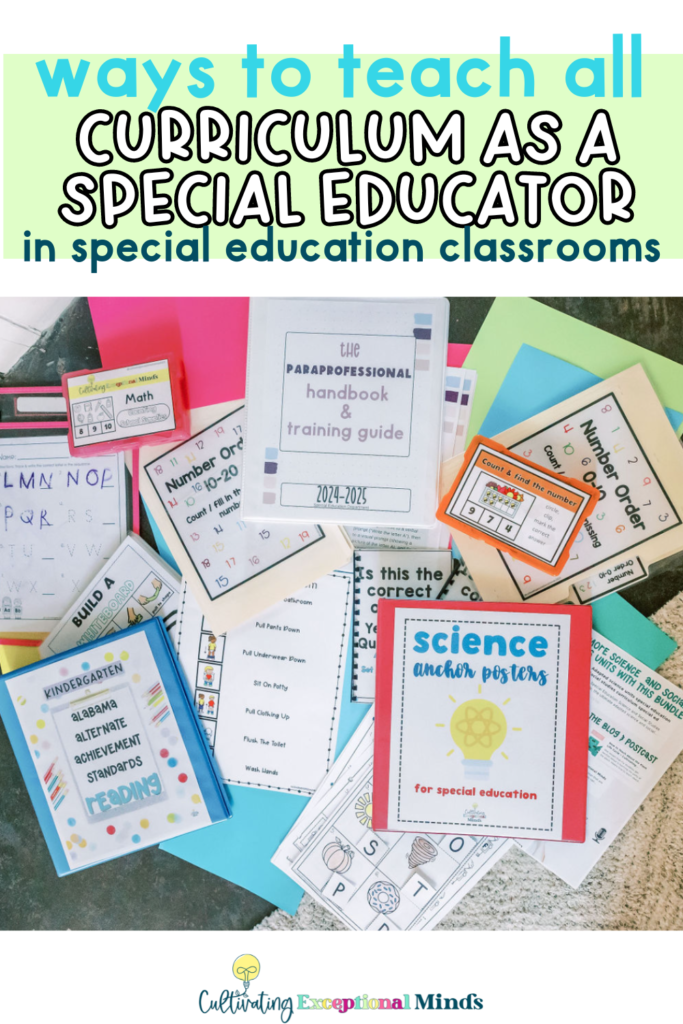
Follow and Connect:
- Instagram: @cultivatingexceptionalminds
- TikTok: @cultiv8exceptionalminds
- Blog: Cultivating Exceptional Minds Blog
- Etsy (Sped Stickers & Tees): Shop Now
- Podcast: Be the Exception
- TPT Store: Cultivating Exceptional Minds on TPT
Additional Resources:
- Teaching the Curriculum in Special Education: Blog category
- Science Curriculum for Special Education: Teaching the States of Matter
- ELA and Math Manipulatives on Amazon: ELA Must-Haves | Math Must-Haves
TPT Resources:
- Social Studies: Social Studies Yearlong Bundle
- Science: Special Education Science Bundle
- Math: Math Skills Home Learning Packet
- ELA: Basic Reading Skills Bundle
- The Core Bundle: Special Education Academic Bundle
Exclusive Freebies:
- Science Freebie: Life Cycle of a Plant
- Math Freebie: Equal Groups Worksheets
- Digital Activities Freebie: Identifying Numbers 1-10
- ELA Freebie: Answering WH Questions
By implementing these strategies and utilizing the resources provided, you can differentiate your curriculum effectively, ensuring that all students have access to an inclusive and engaging education. Let’s make this school year exceptional!
